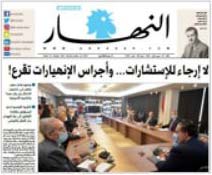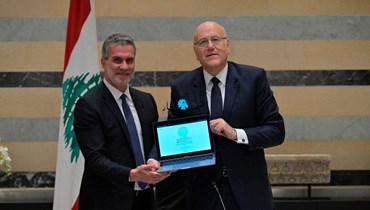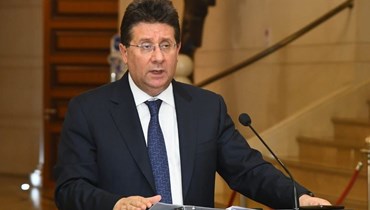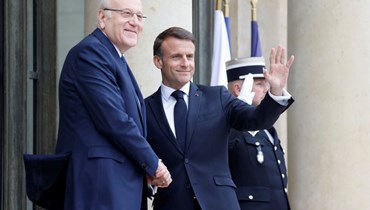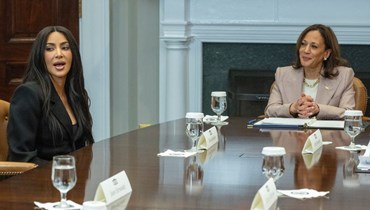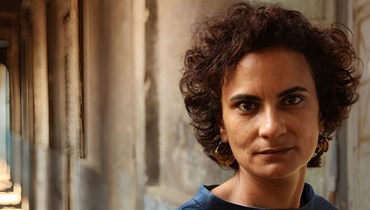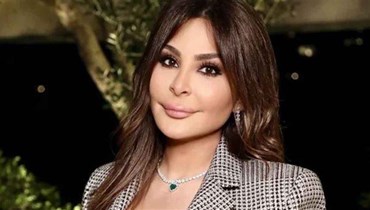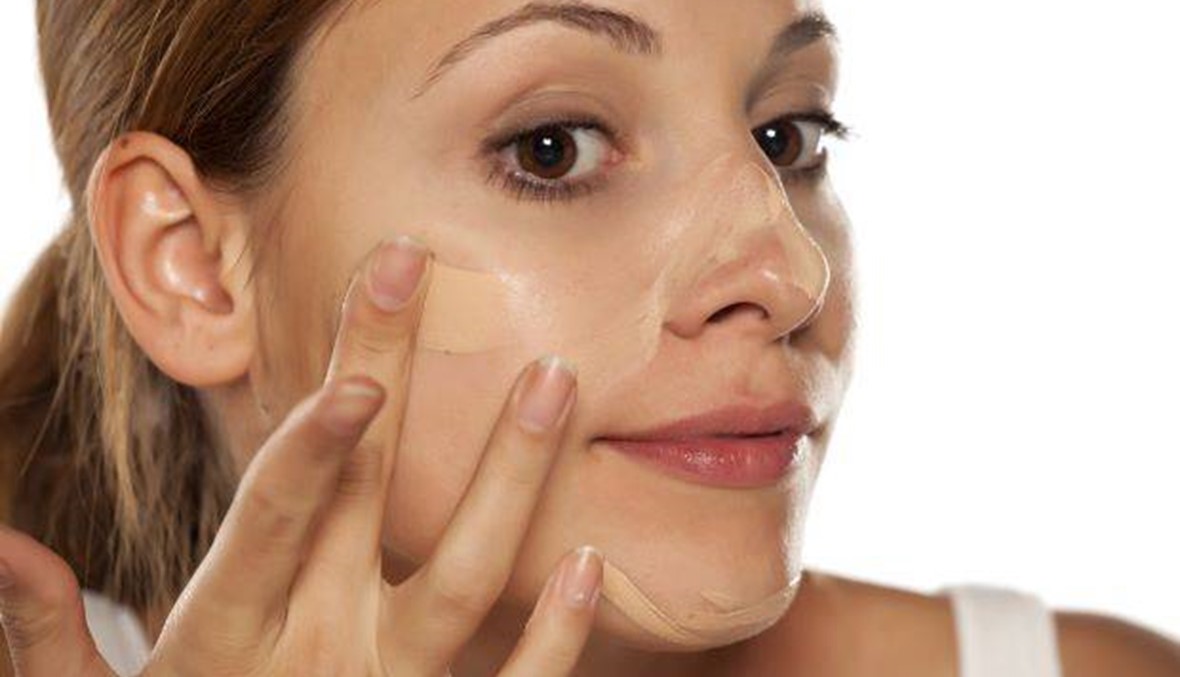Generation Z Voices: Makeup and the myth of choice
BEIRUT: We all like to think that we have a choice when we decide to apply three layers of mascara, concealer, and lipstick at 7:00 a.m. every day before getting on with our tedious daily duties. Newsflash: we don’t.
Makeup considered is a difficult and sensitive subject to deal with and debate. Some people love it, others hate it; some find it absolutely essential and cannot live without it. They say the Egyptians created the first cosmetics, which consisted of black kohl on the eyes, and lip balm for the lips. Today, every cosmetic line has at least 300 products, and every beauty guru uses at least 17 products in one makeup tutorial, caking on layer after layer.
Grown and cultivated by years of socialization and seeing makeup everywhere, it has become the expected norm. Makeup makes you feel attractive. It makes you feel wanted and beautiful and otherworldly. You feel disgusting without makeup. You can't stand the thought of walking out in public without at least a bit of it on.
In the last few years, a slight shift was observed. With social media and inclusivity coming into light, body positivity has become a trend everyone is jumping on. From expressing your love for your natural curves, face acne, and having body hair where it was previously shamed, influencers and celebrities have greatly contributed to this still-growing trend of self-acceptance and love.
But how truthful are these preachers? And how performative is this all, truly?
While people might actually believe in the idea of body positivity and even endorse it, companies have the entire idea warped.
Cosmetics and self-care companies love this new fad that has become popular these last few years. The body positivity campaigns fad, that is. Major cosmetic companies like Avon and Maybelline are among dozens of others that are participating in this form of slightly targeted marketing.
What these campaigns essentially do is tell you to love your body, and then proceed to try and convince you to buy their products that will make your body even BETTER!
They do that by promoting all sorts of products, like face creams that make your skin lighter, lotions that allegedly smooth down your cellulite, mascaras that will enhance your beautiful lashes or even lingerie that will accentuate your sexy curves.
It’s fake. It’s all fake and a marketing ploy.
What’s more problematic is the celebrities that get paid per sponsorships to advertise these products. From appetite suppressant lollipops, slimming teas, to whitening face cream, it’s all dangerous—especially when they have a younger audience. We all know what dangers that can lead to.
So this is where I wonder, do we really have a choice in when we want to wear makeup? I can think of dozens of women and teen girls in my life who would never leave their house without makeup on.
This is not to slander makeup. Makeup is an art. It’s beautiful. How it’s sold to us, though, is what's problematic. We shouldn't be so reliant on makeup. Our worth shouldn't be tied with facial products.
------
Karine Ballout, 18, is a media studies major at AUB.
Annahar English is officially launching a teen-writing section entitled Gen. Z Voices invites all students, ages 14 to 18, to submit essays, school-oriented news articles, life commentaries and more. No school assignments or poetry.


 اشترِك في نشرتنا الإخبارية
اشترِك في نشرتنا الإخبارية


